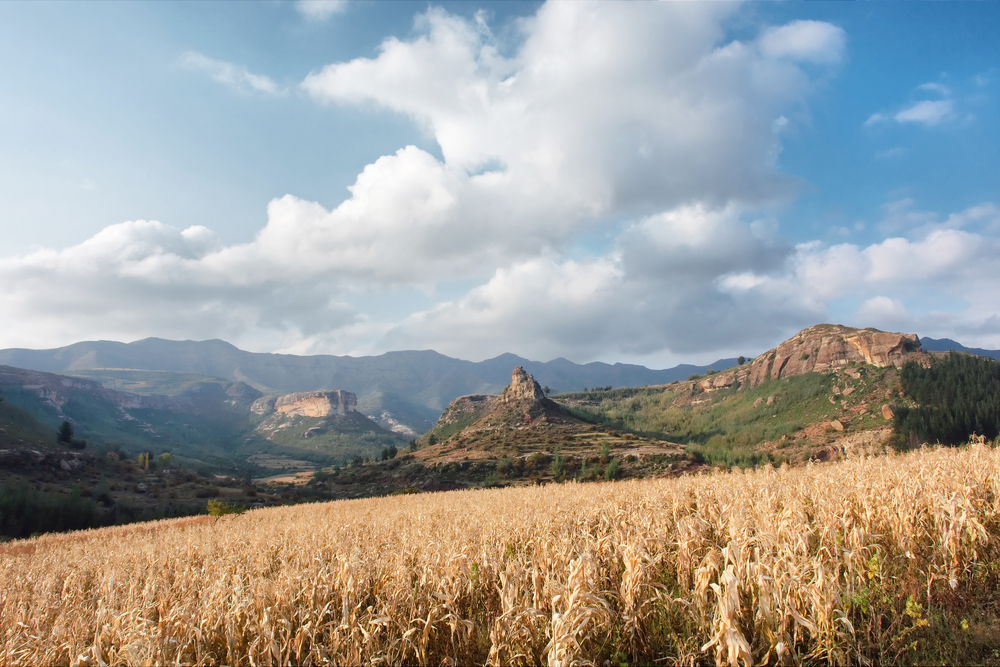Staff Reporter
Lesotho Flour Mills (LeFM) has called on Basotho farmers to supply their wheat and maize crops directly to the mill.
“We buy local and trade local to stimulate the local economy,†LeFM Chief Executive Officer (CEO) Joao Goncalves said in a statement this week.
Goncalves said all grades of wheat and maize from Basotho farmers were accepted by Milling company.
He said; “Payments are processed as quickly as seven days after acceptance of produce.â€
The purchase price of the commodities, according to the statement, is made in compliance with the South African Futures Exchange (SAFEX), the agricultural trade price used for purchasing from South African commodity traders.
“SAFEX keeps prices standard and ensures that farmers do not get underpaid for their produce. Lesotho Flour Mills offers a purchase price based on SAFEX – quoted at close of business the day before – as well as incentive,†read the statement.
“By using this open invitation to supply maize and wheat grain directly to Lesotho Flour Mills, the Basotho farmers have a reliable and protected place to deposit their crops in uncertain times,†it added.
This, according to Goncalves, supports both the farmer and the mill, which in turn stimulates the consumer’s purchasing power and directly contributes to making better conditions for economic growth and employment generation.
He said reaching out to farmers ultimately improves Lesotho’s economic future and is mutually beneficial, making better lives for farmers and their communities.
He also disclosed that Lesotho Flour Mills wanted to create awareness of “this local economic stimulation cycleâ€.
This economic stimulation cycle, he explained, meant that the seller (farmer), the manufacturer (the mill) and the consumer (households) all work together to bring prosperity and increase the standards of living for communities and ultimately, their quality of life.
“We have the right quality and quantity of wheat and maize in Lesotho so by buying and producing it locally, the money goes straight back into the pockets of the community, boosting local economic growth,†Gonçalves said.
He indicated that according to the World Bank, agricultural development is one of the most powerful tools to end extreme poverty, boost shared prosperity and feed people.
In some developing countries, he said, it can account for more than 25 percent of the Gross Domestic Product (GDP).
“In Lesotho, a large majority of the population in rural areas is engaged in subsistence farming and the cultivation of nutritious foods is key in an uncertain climate-changing world,†he concluded.




